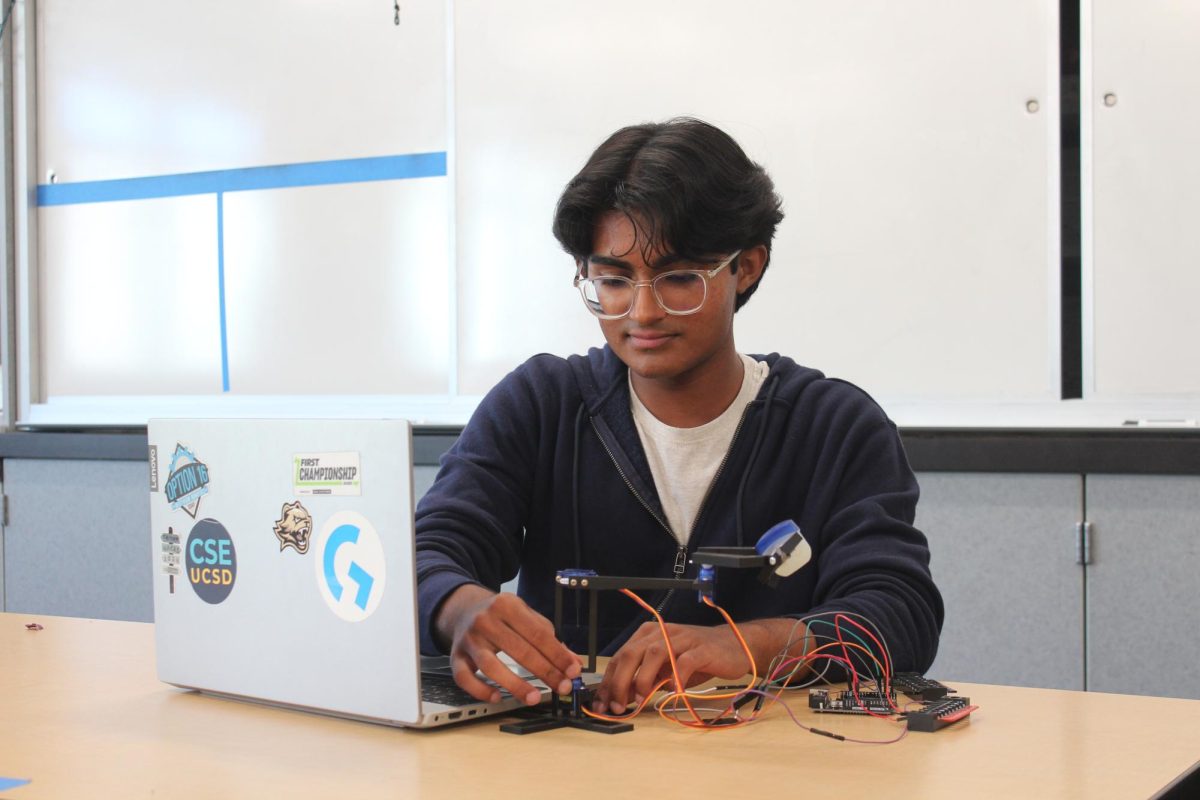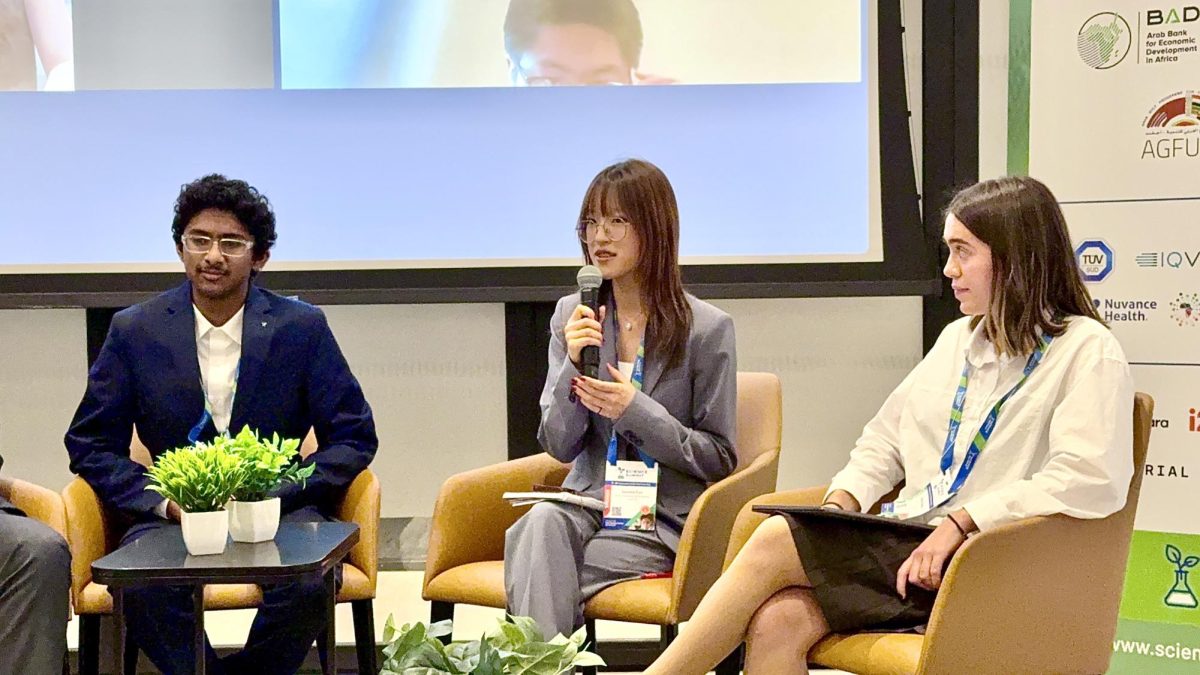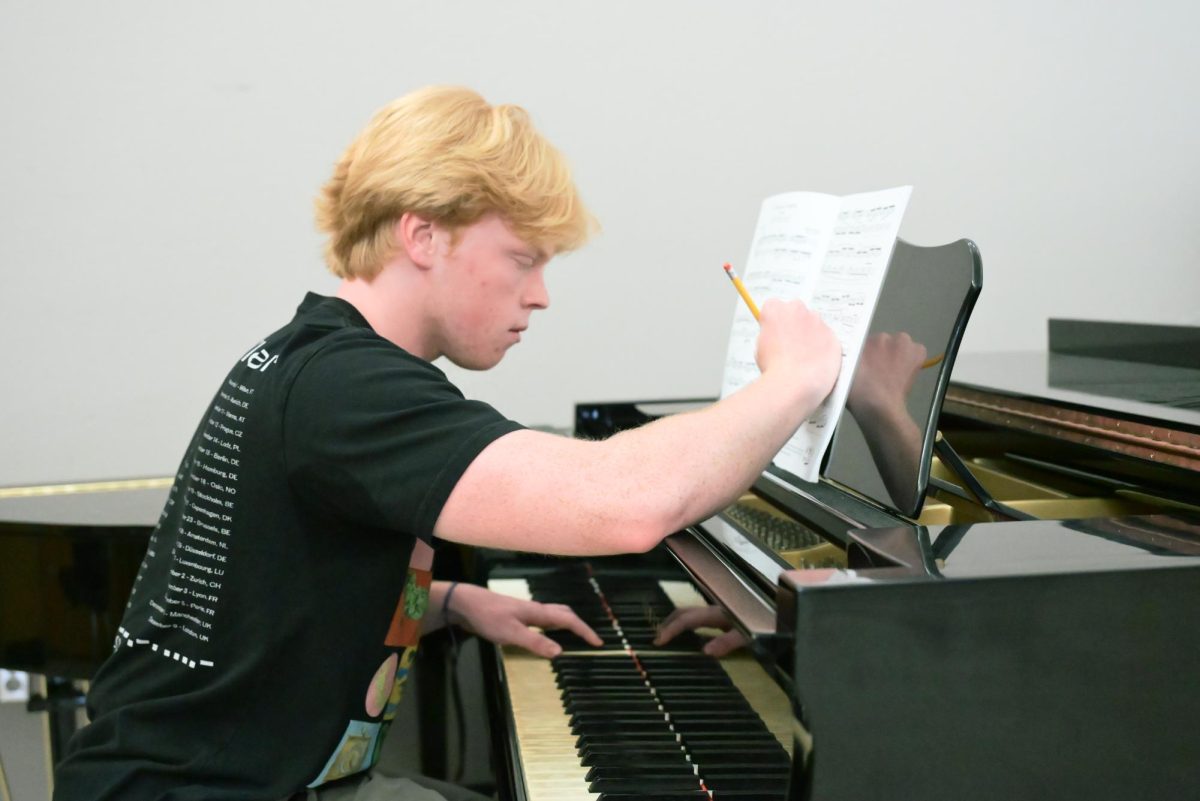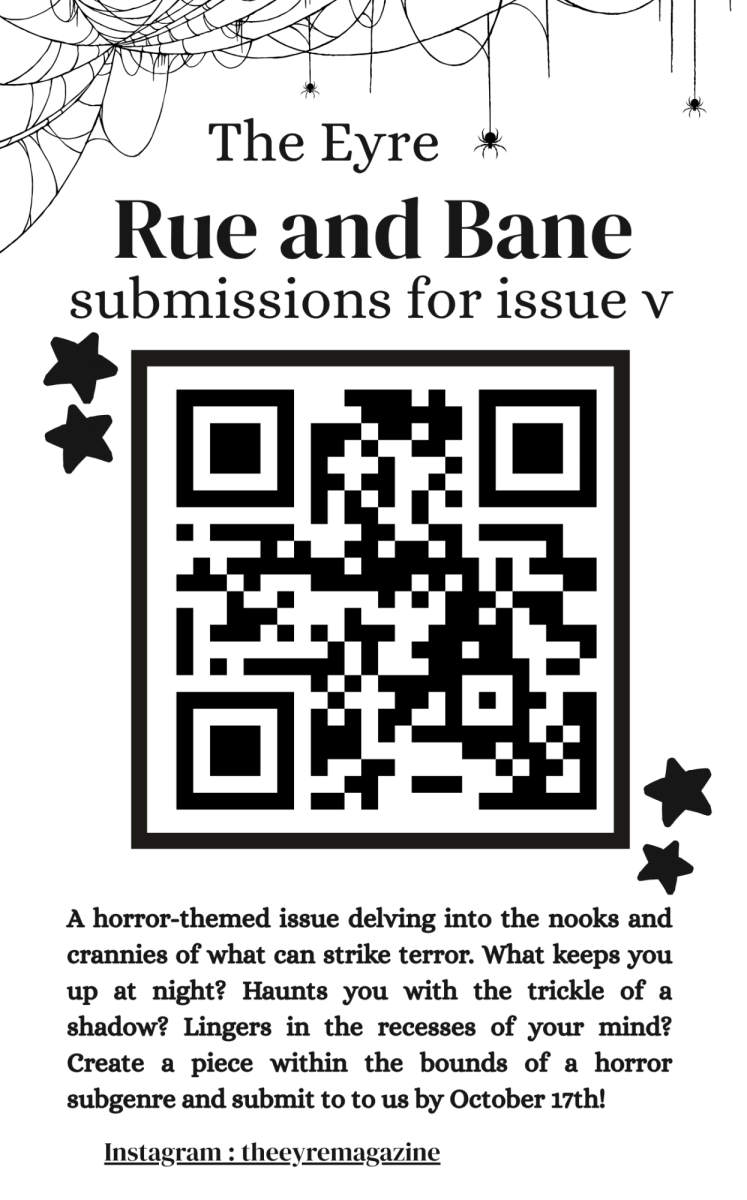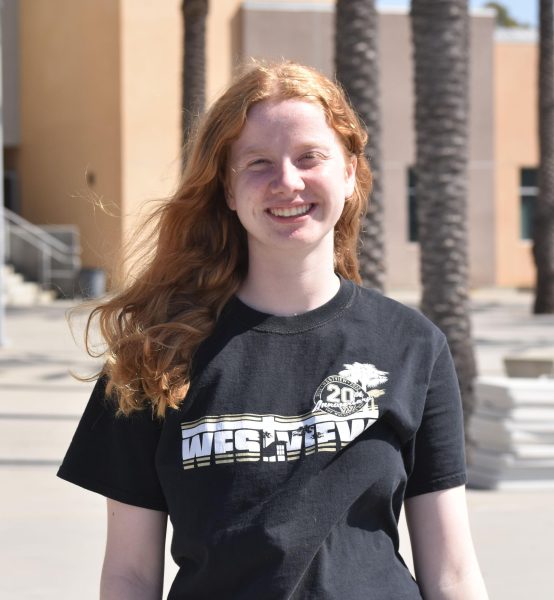Max Graham (12), legally, doesn’t exist.
The vibrant art and theater lover cannot be found on any government systems. Neither can Callum Conyers (12) or Skylar Shean (12). All three students go by different names than were given to them at birth, a decision that Graham said came natural to him.
“I just never felt like [my old name] represented me,” Graham said. “I just felt really out of place and disconnected from who people thought that I was. It was just really proper, and even when I tell people now, they say: oh, I don’t know if I see that for you,” Graham said.
Graham, along with Conyers, began the name-changing process early in middle school.
Conyers said that his journey with gender identity was closely tied to his decision to go by a different name. Conyers identifies as transgender, a realization that he came to in middle school.
“I’ve always felt that kind of off feeling in almost all social settings,” Conyers said. “I had such bad self-image and it was really difficult for me to express myself authentically, but I just kept pushing it aside because I thought ‘oh this is normal, everyone is going through this.’ I think I found out [I was transgender] when talking to a friend of mine as if [what I felt] was relatable to everyone, and she said, ‘what are you talking about?’”
After dealing with gender dysphoria for his entire life, Conyers decided to look into ways to alleviate it — one of which was by changing his name. He went to his school counselor for help and said that the whole process was much easier than expected.
“I just [emailed] my counselors, who were just like, ‘Oh yeah, we could do that, no big deal.’” Conyers said. “And I was just like, really? Are you sure? It was a really easy process. Your name is changed everywhere [at school], on websites, on Synergy. And it changed my school email too. It just made my life so much easier.”
Shean also said their life and self-esteem improved from changing their name: an action that had been a long time coming — since elementary school. While he wasn’t aware of the gender expression aspect of his desire to change his name, he always knew something didn’t feel right. Originally, Shean thought his dead-name, Ava, was uncomfortable simply because it was very popular.
“[Changing my name] has just always been something that I feel like I wanted to do when I got older,” Shean said. “It wasn’t really until middle school that I learned about queer things that I was like, hey, I think like this is more how I feel and it’s not just about how I don’t like my name because of it being so popular.”
After a long search, with ample help from a queer online community Shean found, he settled on the name Skylar.
“I never thought [Ava] fit me,” Shean said. “That’s why I wanted to go by a different name online and then I realized, wait, a bunch of people don’t know who I am. I can do whatever I want. It’s kind of like a fresh start: I don’t have to be a boy, or girl, or anything.”
Shean said that adjusting to his name was a bit of a process, as he had to get used to others calling him Skyler.
“It’s kind of a weird thing because hearing my friends say it is totally natural now,” Shien said. “Hearing my girlfriend say it, it’s normal. I’m used to having a different brain, kind of like a different version of me with my family.”
Graham too said he has become comfortable with his name since he came out to his peers in eighth grade. He said that coming out to his group of close friends was liberating, yet at the same time, he also had to worry about his parents finding out.
“When I told the [first] person what I was planning on going by, he got so happy, it was really wholesome,” Graham said. “I remember he was really giddy about it, but then I had to preface it with ‘oh but you can’t call me that here, here, here, or around this person’ because I was always worried that it would get back to my parents.”
Despite Graham’s efforts to keep the knowledge of his name change away from his parents, they eventually found out. Graham said that while they didn’t accept his name change — choosing to still call him by his dead name — he tried to take it in stride and focus on himself, as that was all he could do.
“[It was] a bit hurtful when I was younger, but then I got older and I just don’t really care anymore,” he said. “The problem didn’t diminish, it’s just that it became the least of my problems. I’m almost 18. We’re so far past that, and I just started caring less and less. There’s tension, but this is probably the most conflict-free version of events.”
Conyers too, faced difficulty coming out to his family. He said that he was worried that his mother would take it personally.
“I was scared to tell her I was going to change it just because I feel like your birth name holds a lot of value for your parents,” Conyers said. “I didn’t want to be like, ‘hey, I hate that name you chose for me.’”
But in freshman year, when he eventually told his mother that he was changing his name to help deal with the bullying Conyers experienced, she supported him.
“I opened up to her about how I was getting a lot of [backlash] for my dead name and how I present, and she understood because for me it was a safety thing,” Conyers said. “There were some guys in my class who would just constantly pick on me. I don’t experience that anymore [since changing my name]. Just having the safety of going by my chosen name for the past two years feels so much better.”
Shean also said that his name change improved his quality of life, and said he was grateful that Westview staff have been very accommodating.
“On the first three days of school in their syllabus, they ask you for your name,” Shean said. “[My teachers] also ask for pronouns and most of those teachers are really good about remembering that. But just the fact that they’re willing to think about it or be aware at least is awesome.”
Shean said that attitudes like this support his queer-ness, and that when others call him by his chosen name, it makes him feel respected.
“If you call me by the name I want, then you’re respecting my [trans] identity as well,” Shean said. “It also feels affirming and it’s like, ‘yippee, that’s my name!’”


